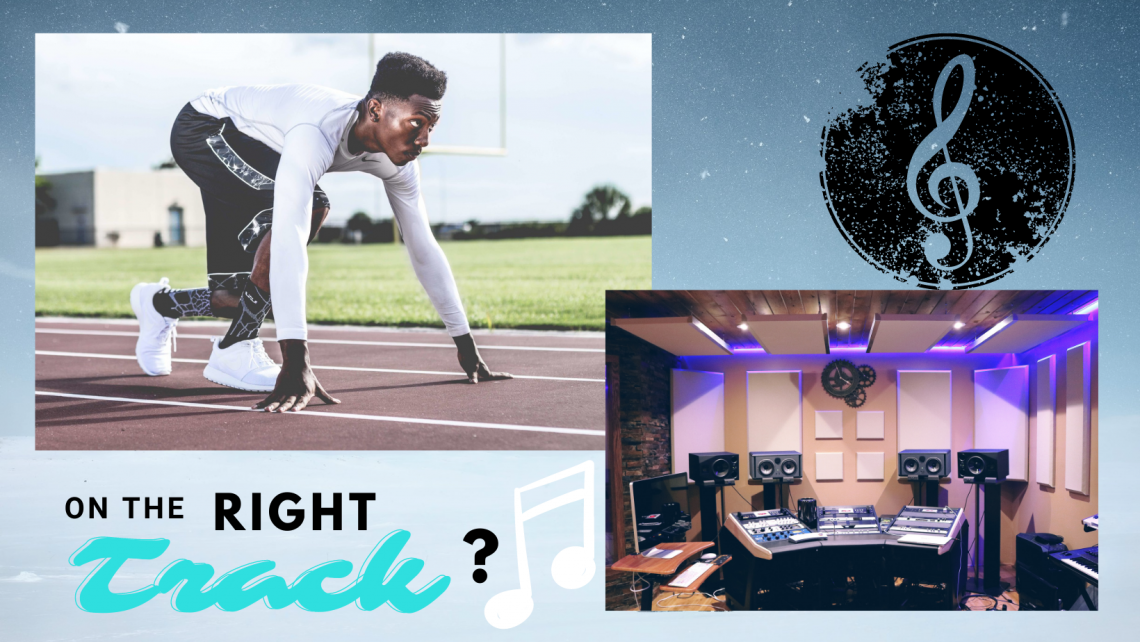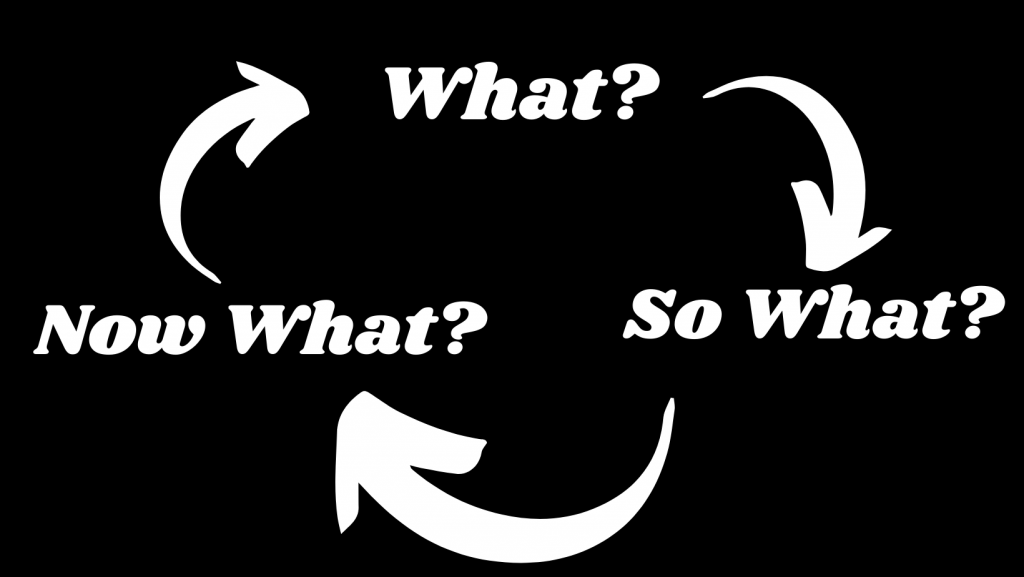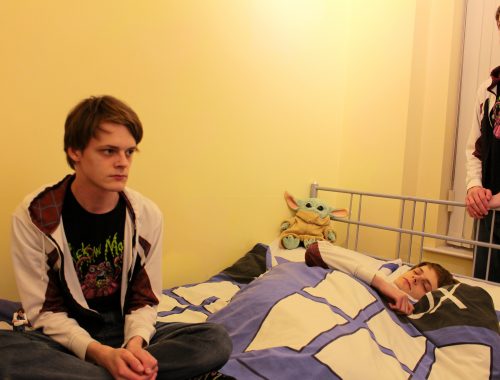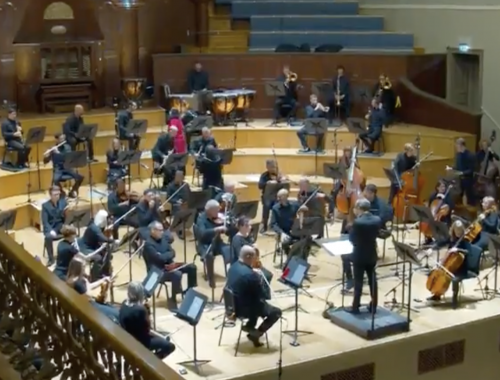
Learning from experience- Am I on the right track?

Going to a place of work for the first time is not a new experience for me. What was new was the feeling of stepping into the career I have always wanted to do but the issues of life did not afford me the chance until now, or so I thought.
This blog reflects on the experience of my first day of work placement in a recording studio using the first model of reflection developed by Borton (1970), exploring my feelings, analysis, evaluation, and choosing what to do next.

I was anxious about arriving on time as I did not know the location of the studio prior to my first day. A quick stop at KFC restaurant to have a snack would ensure I wouldn’t need to take a break so I could absorb everything I needed to learn like a sponge. Using google maps on my phone I was able to finally walk to the studio in the heart of the city centre. Arriving at the studio, I was welcomed and made to feel at home by the audio engineer. This was only my second encounter meeting him hence I didn’t recognise him at first and mistook him for his other work partner. To take a trip down memory lane, this work placement became possible through a simple encounter at a playground where I had taken my little girl to play after school. I met a man there who had also come to play with his children and through a very friendly conversation, I got to know that he was an audio engineer and owned a studio together with his work partner. Not only that but he also happens to be an alumnus of my current university and he pretty much did a similar course to mine. After striking an acquaintance, he offered to let me have my work placement at his studio when I reached my final year. Reflecting on this recalled my recent lecture on CVs, where we learnt that students in the creative arts may go through other routes to get job offers besides sending in a CV. It could be meeting industry professionals at events or elsewhere and having a chat, just like my experience.
Now back to my first day of work experience, I was given a brief induction on the facilities as well as the various equipment in the studio. These were similar to other studios I had visited to record as a singer or producer, hence having that background did not make the initial experience overwhelming. The engineer was working to a deadline on an alternative mix of a session he had recorded earlier with a client so there wasn’t enough time to go through a typical daily routine of powering up the equipment and setting up a session. He talked me through his mix considerations, mix process, drum replacement techniques, and autotune. I was able to ask questions and offer suggestions to improve the task at hand.
Boud and Miller (1996) state that when we learn, we engage in a complex process which draws on the behavior, knowledge, and skills of people around us as well as on the material and informational resources of the world we live in. But we also use and build upon our own personal foundation of experience. Our learning is grounded in prior experience.
I felt an overwhelming sense of feeling inadequate in respect to my knowledge of using the music software, plugins, and equipment as I watched him work with such ease and dexterity. I began to wonder if I was on the right track, changing career and following my passion instead of what I was initially trained in which was Construction Management. Boud et al. (1993) describe these as barriers to learning with experience. Looking at the barriers in terms of their origins in relation to the learner, some barriers are external impositions while others stem from ourselves.
Having experienced my first day of work placement I realise that this position requires a passion for music and the willingness to work long hours. Furthermore, when the excitement of recording clients and bands is over, there remain long lonely days or nights of mixing, mastering, and all the other “behind the scenes” work to bring the project to a successful end. Additionally, some recording studios that offer work experience state that with the course fees for degrees in audio engineering/ sound design being so high, students are most often unrealistic about future employment possibilities at the end of the course. Click here for the article
In the future, I recognise that this work placement is a chance to talk to engineers and professionals who can offer incredibly good advice from their knowledge and experiences, and I intend to fully make use of that to build up my learning and experience.
BIBLIOGRAPHY
- Borton, T. (1970) Reach, touch and teach. London: Hutchinson.
- Boud, D. Cohen, R. and Walker, D. (1993) Using experience for learning. Buckingham: SRHE and Open University Press
- Boud, D. and Miller, N. (1996) Working with experience. London and New York: Routledge
- Boud, D. and Miller, N. (1996) Working with experience. London and New York: Routledge
- The Miloco work experience scheme
Available at: https://milocostudios.com/work-experience/
You May Also Like

AAAH or (Why Tom sucks at selling himself)
25 November 2021
In at the Deep End: Recording an Orchestra
26 November 2021
